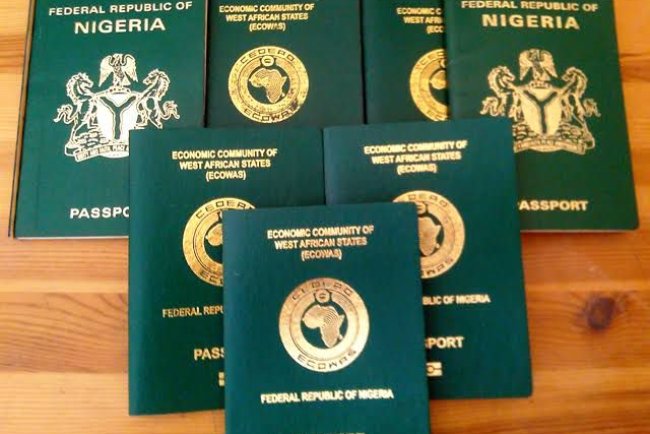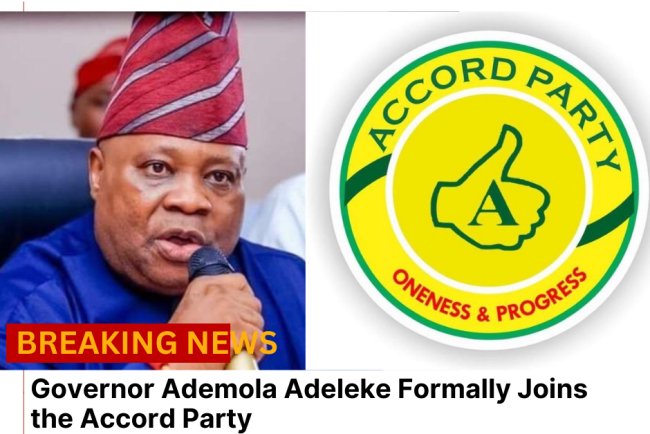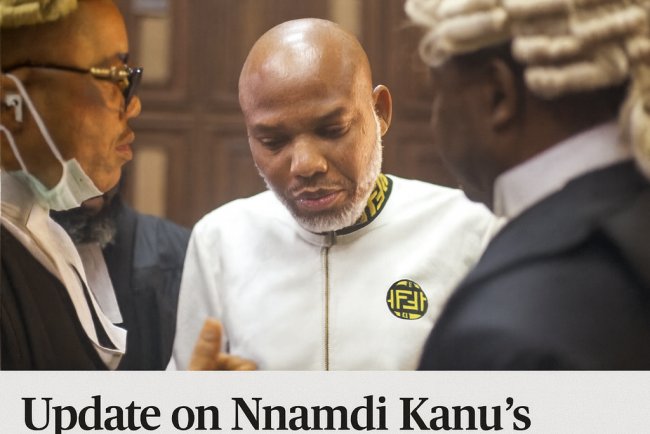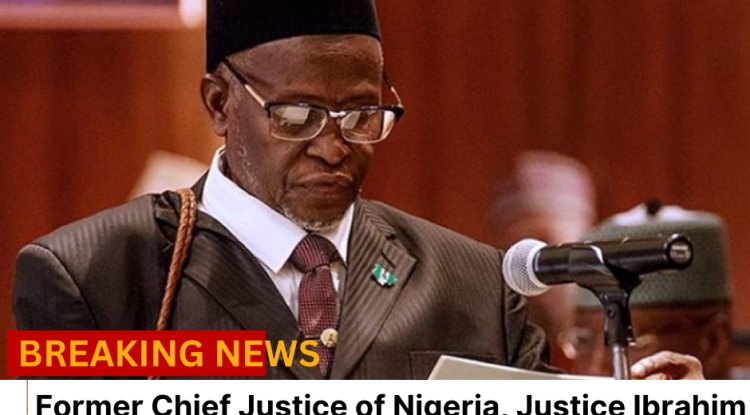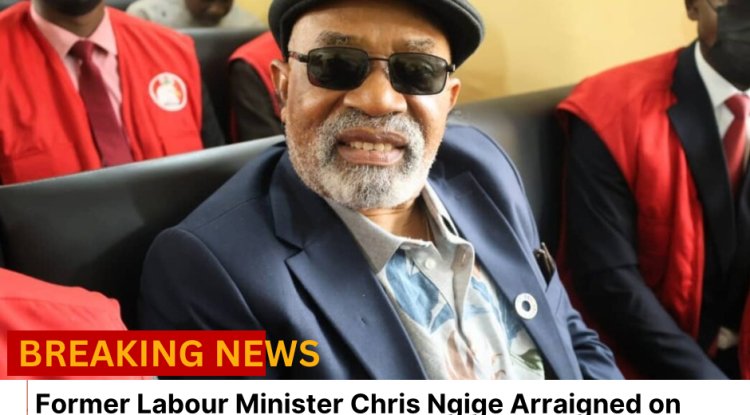National Assembly Moves to Shift Presidential and Governorship Elections to November 2026 in Proposed Electoral Act Amendment hi
Nigeria’s National Assembly proposes shifting 2027 presidential and governorship elections to November 2026 via Electoral Act amendments, aiming for faster dispute resolution and electoral transparency.
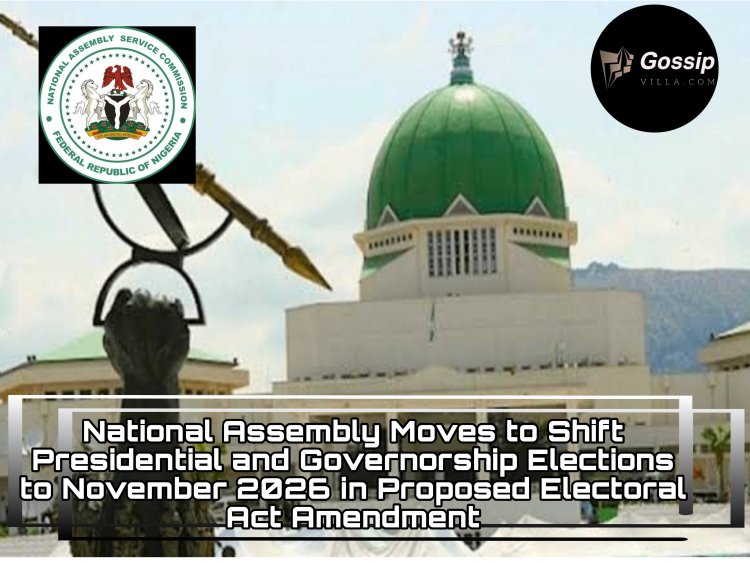
National Assembly Moves to Shift Presidential and Governorship Elections to November 2026 in Proposed Electoral Act Amendment
In a bold move that could reshape Nigeria’s democratic calendar, the National Assembly has unveiled amendments to the Electoral Act 2022, proposing to hold the 2027 presidential and governorship elections as early as November 2026, six months ahead of the traditional February or March timeline. This landmark proposal, part of the Electoral Act (Amendment) Bill 2025, aims to streamline the electoral process, resolve post-election disputes swiftly, and ensure seamless transitions of power. Unveiled during a joint public hearing in Abuja on October 13, 2025, the draft bill has sparked intense debate among stakeholders, with supporters hailing it as a step toward electoral maturity and critics warning of potential disruptions to political strategies.
The hearing, organized by the Senate and House Committees on Electoral Matters and chaired by Senator Simon Lalong (APC, Plateau South), drew lawmakers, civil society organizations, and representatives from the Independent National Electoral Commission (INEC). According to the draft amendment, Section 4(7) stipulates that “elections into the office of the President and Governor of a State shall be held not later than 185 days before the expiration of the term of office of the last holder of the office.” With President Bola Tinubu’s tenure ending on May 29, 2027, this timeline calculates to early November 2026, marking the earliest general elections in Nigeria’s recent history. Similarly, federal and state legislative elections would follow suit, held no later than 185 days before the dissolution of current assemblies.
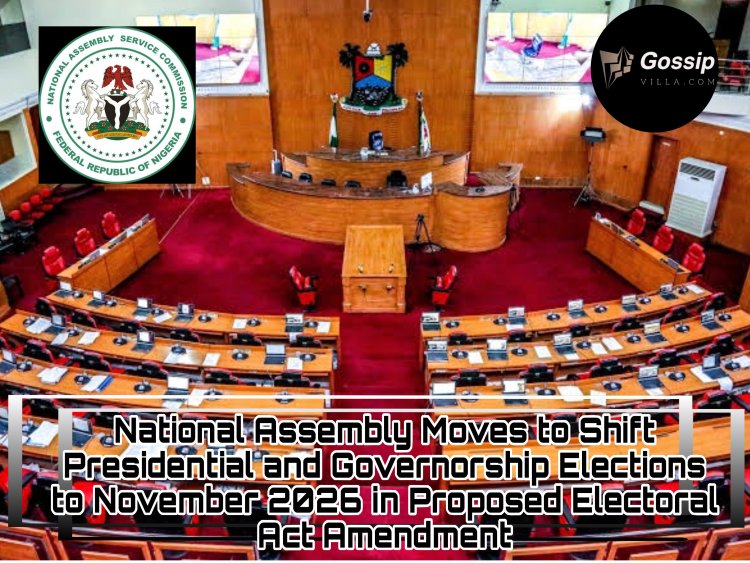
The Rationale Behind the Proposed Shift
Lawmakers argue that the current electoral framework, inherited from the 1999 Constitution and the 2022 Electoral Act, often leads to protracted litigation that spills into new administrations, undermining governance stability. House Committee Chairman Adebayo Balogun emphasized during the hearing that the amendment seeks to “ensure that all manner of election litigation is dispensed with before the swearing-in of winners.” To achieve this, the bill proposes slashing timelines for election tribunals from 180 days to 90 days, appellate courts from 90 to 60 days, and capping the entire judicial process at 185 days. These changes would require corresponding amendments to Sections 285 and 139 of the 1999 Constitution, shifting control over election timelines from the Constitution to the more flexible Electoral Act.
The proposal builds on lessons from the 2023 general elections, where Supreme Court rulings on presidential petitions came perilously close to the May 29 inauguration date, fueling perceptions of rushed justice. By front-loading the polls, INEC would gain ample time for logistics, voter education, and result collation, potentially reducing the “bandwagon effect” where lower-tier elections are influenced by presidential outcomes. INEC’s representative, Prof. Abdullahi Zuru, endorsed the reforms, noting they align with global best practices for timely dispute resolution.
Beyond the date shift, the bill introduces transformative measures to modernize voting. It mandates electronic transmission of results, stating that presiding officers “shall transmit the results… both electronically and manually.” Early voting would be enabled for essential workers security personnel, INEC staff, journalists, observers, and ad-hoc staff at least 14 days before election day. Other innovations include inmate voting rights, diaspora early voting, and using the National Identification Number (NIN) for voter registration, while making Permanent Voter Cards non-compulsory. Stakeholders at the hearing vociferously called for full electronic voting to enhance transparency, a demand echoed by civil society groups like the Obidient Movement Worldwide.
Mixed Reactions: Support, Skepticism, and Opposition
The proposal has elicited a spectrum of responses. Opposition parties, including the Peoples Democratic Party (PDP), Labour Party (LP), African Democratic Congress (ADC), and New Nigeria Peoples Party (NNPP), largely back the shift, viewing it as a safeguard against electoral manipulations. LP’s Dr. Yunusa Tanko advocated for broader public consultations to ensure inclusivity. However, the ruling All Progressives Congress (APC) has rejected it, cautioning that an early election could “have dire consequences” on campaign preparations and voter turnout, especially amid economic challenges.
Critics, including some legislators, question the feasibility: What if a Supreme Court-ordered rerun extends beyond the 185-day window? Would it create a governance vacuum? Others worry about logistical hurdles, such as rainy season disruptions in November, and the financial burden on political parties for extended campaigns. Legal experts like those from the Nigerian Bar Association have urged safeguards to prevent abuse, emphasizing that judicial capacity must be bolstered to handle the compressed timelines.
On the positive side, proponents argue the unified election day combining presidential, governorship, National Assembly, and state assembly polls could slash costs by up to 40%, as estimated by the House Committee on Constitution Review. This aligns with Deputy Speaker Benjamin Kalu’s zonal consultations, which highlighted the need for cost-effective, credible elections.
Implications for Nigeria’s Democracy
If passed by both chambers and assented to by President Tinubu, the bill would compel INEC to revise its 2026-2027 timetable, potentially ushering in Nigeria’s most reformed elections yet. The shift could foster greater accountability, as winners would assume office without the shadow of unresolved petitions, stabilizing the post-election period. However, it risks compressing political discourse into an unusually tight window, challenging incumbents and challengers alike.
This amendment reflects Nigeria’s ongoing quest for electoral integrity, following the contentious 2023 polls that saw widespread calls for reform. By empowering the Electoral Act over rigid constitutional provisions, lawmakers aim to future-proof the system against evolving challenges like technology integration and voter apathy. As deliberations continue, the nation watches closely, will this be the catalyst for a more robust democracy, or a recipe for unintended chaos?
In the words of Balogun, “These reforms are not just about dates; they’re about delivering justice and credibility to every vote.” With public input shaping the final draft, the 2027 elections could indeed mark a new chapter in Nigeria’s democratic evolution.
Source
What's Your Reaction?







